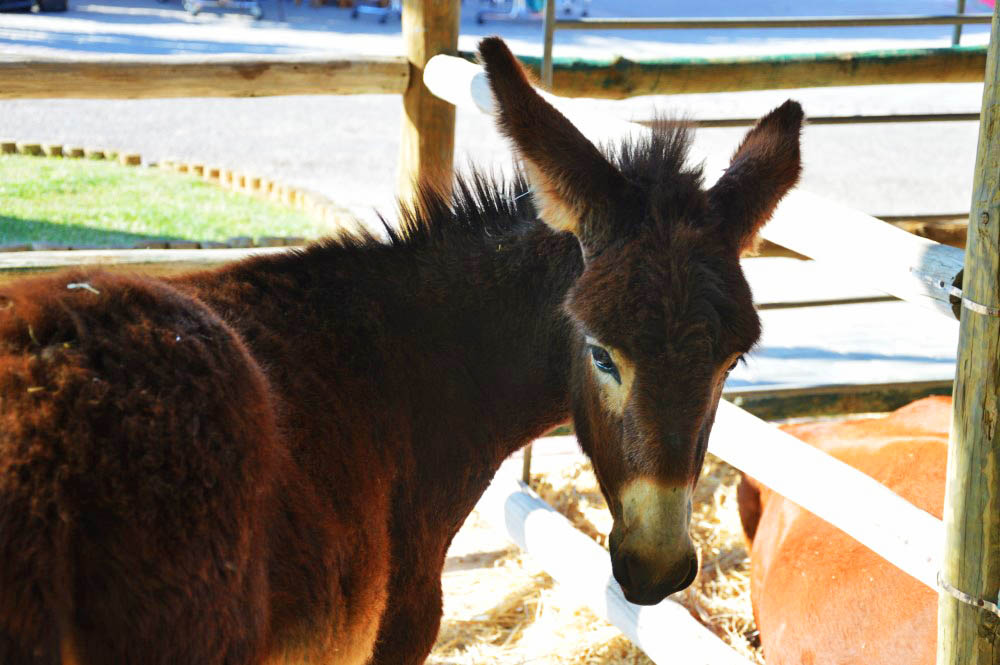1. I don't believe animals are things. Whatever things may be, beyond what the Portuguese Civil Code (C.Civ. – art. 202) defines: “whatever can be the object of legal relations”.
If they are things, they will be at least things different from others, things that are alive, animated. However, it seems to me poor to define them as things endowed with sensitivity.
I don't think, either, that animals are people. Not because of an ideological choice, but because I don't see them as holders of rights, alongside human individuals and merely legal entities, such as associations and societies. I am not satisfied, therefore, by their characterization as non-human persons.
Thus, the escape to what scientists call what does not fit: a tertium genus, something that does not belong to any of the known categories. Is it so?
Whether things or people, it is important to determine whether animals deserve protection not just as part of the ecosystem, but as individual beings.
2. The consideration of the existence of subjective rights in the ownership of animals seems to run into several objections, some of them easily overcome.
First, it is objected that animals could never exercise the rights that were recognized to them. It is true, but this is common to incapable humans, such as minors, who are also unable to exercise their rights personally and freely.
Nothing more would be required, then, than some human beings - their owners, the zoophilic associations that the Animal Protection Law (LPA) already legitimizes to require measures to avoid violating the law - act in legal representation of the animals in the exercise of those, then yours, rights.
It will be added that the non-human condition of animals does not allow a “will (of) animal” to be conceived that would guide the exercise of rights.
This would distinguish them from other merely legal (non-human) persons, such as associations and societies, which always form their will through their bodies.
It is really difficult to conceive who, legitimately, can form the juridical will of an animal. Identify what legal acts he would be capable of, even if represented. Could you hire? Transact in court?
Interpreting the “will” of an animal, if the trustworthy assets are only its life, physical integrity and dignity, is not especially difficult.
Reconciling it with the “interests” of humans (food, sport, entertainment) is a task that, in the current Portuguese legal system, raises an immediate problem: which animals are protected, since not all of them?
Animals are consumed for human food. The animals are used in shows such as bullfights, they are hunted, they are shot with guns in pigeon shooting, for example.
On the other hand, the protection of “companion animals” is very accentuated and perfectly asymmetric from that of other animals. Is it true, then, that some animals are more equal than others, as stated in Orwell's work?
3. The ownership of animals is, today, very conditioned by duties of care (cf. art. 1305-A Civil Code). The owner of an animal can use it, enjoy it and dispose of it, as long as you take care of it. It can even inflict pain, suffering or death on it, or abandon it, as long as it has “legitimate reason” (cf. art. 1305º-A/3 C.Civil). Could the civil legislator have gone further in 2017? Maybe not.
At the current stage of civilizational development, death and gratuitous suffering inflicted by humans on animals can be outlawed.
However, the law only condemns the suffering of animals when “unnecessary” (art. 1/1 LPA) or without “legitimate reason” (art. 1305-A/4 Civil Code), which allows for exceptions.
These correspond to practices that are still current, many of them already completely unacceptable whatever the perspective from which the interests of animals are viewed, such as laboratory experiments.
Moving towards the total prohibition of inflicting death with suffering on an animal, of attacking its physical integrity or dignity is a small step, perhaps a close one.
Considering animals not as things, but as beings endowed with sensitivity, as the Civil Code has done since 2017, does not contain any legal valuation, nothing changes their status: animals continue to be the object of legal relationships. But we live on symbols and this change of nomen.
Personifying animals does not seem necessary to safeguard their decent existence, nor is it compatible with the meanings and status that we find in the Portuguese legal system today.
The consecration of duties towards animals does not require their subjective rights to be recognized. And what is important here is the status, life, integrity and dignity of animals, not just as part of the ecosystem, but individually considered.
I believe that, regardless of enshrining the subjective rights of animals, what is decisive is that human duties are consecrated that reflexively protect those. And this is an irreplaceable mission for all of us.
Author Alberto de Sá e Mello is a visiting full professor at Instituto Superior Manuel Teixeira Gomes (ISMAT – Portimão) and director of the ISMAT Law Course
Help us to do the Sul Informação!
Contribute your donation so that we can continue to make your journal!
Click here to support us (Paypal)
Or use our IBAN PT50 0018 0003 38929600020 44



















Comments